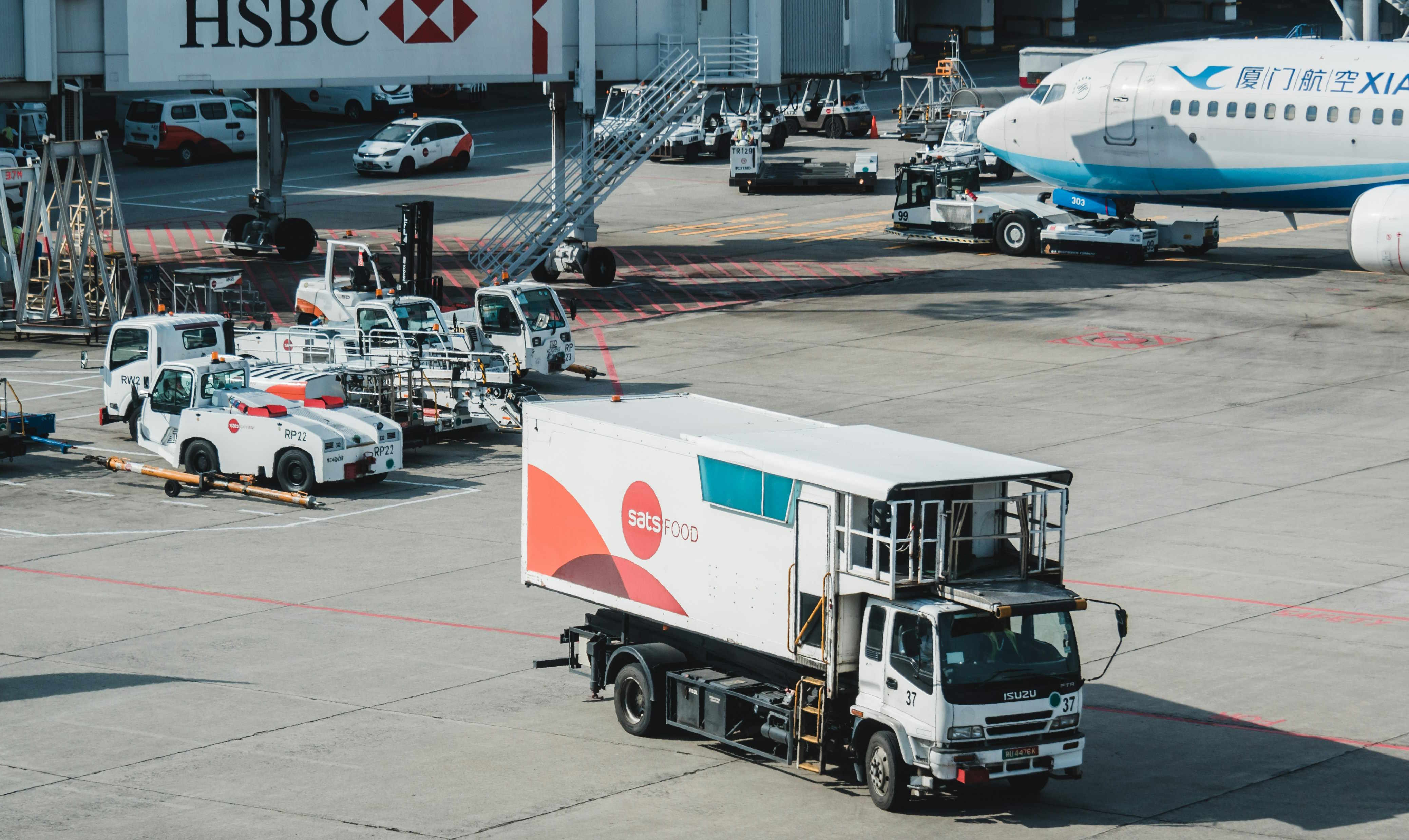Explore Airport Career Opportunities
The aviation industry offers diverse employment pathways across numerous departments and specializations. Airports function as complex operational hubs requiring skilled professionals in areas ranging from customer service and security to logistics and technical maintenance. Understanding the scope of available career paths, recruitment processes, and qualifications can help job seekers navigate this dynamic field effectively.

Understanding Airport Employment Sectors
Airport job vacancies span numerous departments within the aviation ecosystem. Ground operations represent one of the largest employment sectors, encompassing passenger services, baggage handling, aircraft marshaling, and ramp operations. Security positions include Transportation Security Administration roles, airport police, and private security contractors. Administrative functions cover human resources, finance, marketing, and facility management. Technical roles involve aircraft maintenance, air traffic control, and IT systems management. Each sector requires specific skill sets and offers distinct career advancement opportunities within the aviation industry.
International Airport Careers and Global Opportunities
International airport careers provide exposure to diverse cultural environments and global business operations. Major international hubs typically offer more specialized positions in customs and immigration, international trade facilitation, and multilingual customer service roles. These facilities often require professionals with foreign language capabilities, cultural competency, and international business experience. Career progression in international settings may lead to management positions overseeing cross-border operations, diplomatic protocol services, or international airline partnerships. Many international airports also provide opportunities for rotational assignments across different global locations within the same airport management company.
Airport Ground Staff Jobs and Operational Roles
Airport ground staff jobs encompass the essential personnel who ensure smooth daily operations at aviation facilities. Customer service representatives assist passengers with check-in procedures, boarding processes, and travel inquiries. Baggage handlers manage luggage sorting, loading, and transportation between terminals and aircraft. Aircraft service technicians perform routine maintenance checks, refueling operations, and cabin cleaning services. Ground crew coordinators oversee ramp operations, aircraft positioning, and communication between various operational departments. These positions typically require physical stamina, attention to safety protocols, and the ability to work in various weather conditions.
Cargo and Logistics Airport Positions
Cargo and logistics airport positions focus on freight operations and supply chain management within aviation facilities. Cargo handlers manage the loading, unloading, and sorting of freight shipments from various aircraft types. Logistics coordinators track shipment movements, coordinate with shipping companies, and ensure compliance with international trade regulations. Warehouse supervisors oversee storage facilities, inventory management, and quality control processes. Customs brokers facilitate the clearance of international cargo through regulatory procedures. These roles often require knowledge of hazardous materials handling, international shipping documentation, and specialized equipment operation for heavy cargo management.
Airport Recruitment Agencies and Hiring Processes
Airport recruitment agencies serve as intermediaries between aviation employers and job candidates seeking positions within the industry. These specialized staffing firms maintain relationships with airlines, ground handling companies, security contractors, and airport authorities. They typically screen candidates for security clearances, conduct preliminary interviews, and match qualifications with specific job requirements. Many agencies offer temporary, contract, and permanent placement services across various skill levels and departments. Some recruitment firms also provide training programs to help candidates obtain necessary certifications such as SIDA badges, hazardous materials handling credentials, or specialized equipment operation licenses.
| Position Type | Employer Category | Typical Salary Range |
|---|---|---|
| Ground Staff | Airlines/Contractors | $25,000 - $45,000 |
| Security Personnel | TSA/Private Security | $30,000 - $55,000 |
| Air Traffic Control | Federal Aviation | $50,000 - $120,000 |
| Cargo Operations | Logistics Companies | $28,000 - $65,000 |
| Airport Management | Airport Authority | $45,000 - $150,000 |
Prices, rates, or cost estimates mentioned in this article are based on the latest available information but may change over time. Independent research is advised before making financial decisions.
Career Advancement and Professional Development
Professional development within airport careers typically involves obtaining industry-specific certifications, advancing through supervisory roles, and gaining cross-departmental experience. Many positions offer tuition reimbursement programs for aviation management degrees or specialized technical training. Career advancement often follows structured progression paths from entry-level positions to team leadership, departmental management, and executive roles. Professional organizations such as the American Association of Airport Executives provide networking opportunities, continuing education programs, and industry certification pathways that can enhance career prospects within the aviation sector.
Airport employment offers stable career opportunities within an essential transportation infrastructure. The industry provides diverse pathways for professional growth, competitive compensation packages, and the opportunity to work in dynamic, international environments. Success in airport careers typically requires dedication to safety protocols, customer service excellence, and continuous professional development. As air travel continues to evolve with technological advances and changing passenger needs, airport employment will likely adapt to incorporate new technologies and service delivery methods while maintaining the fundamental operational requirements that keep aviation facilities functioning effectively.




